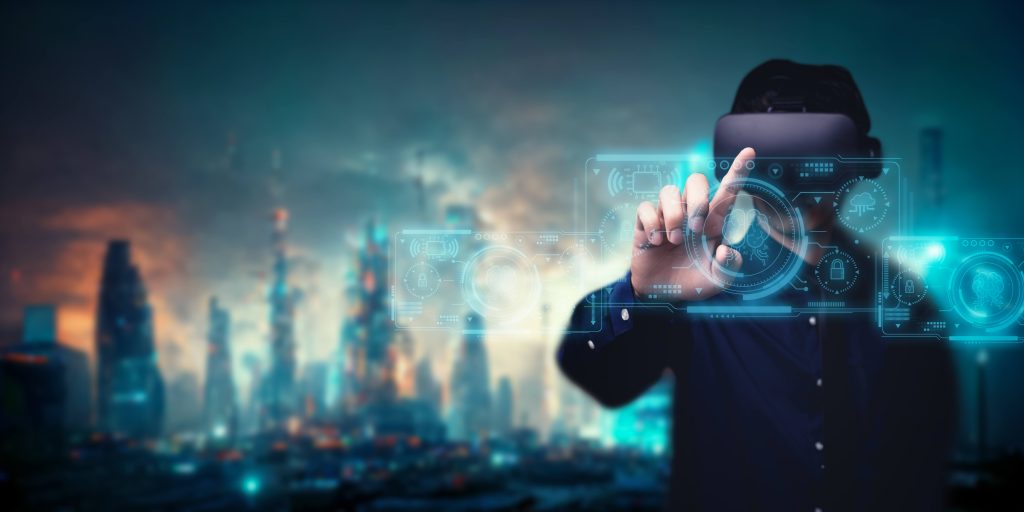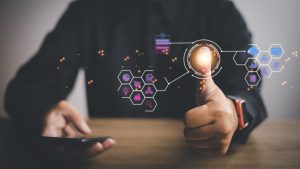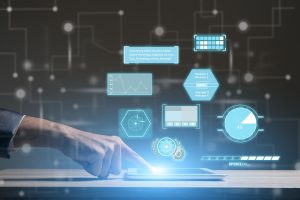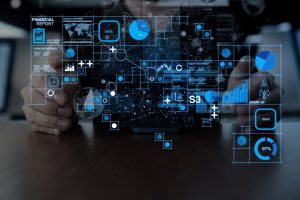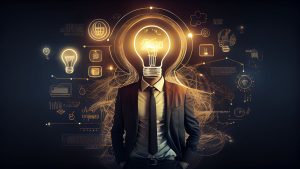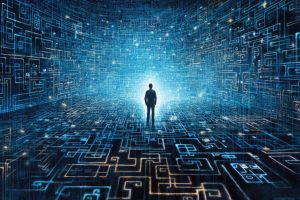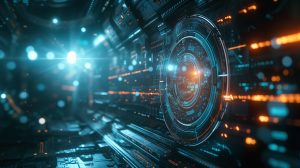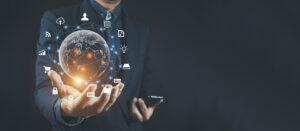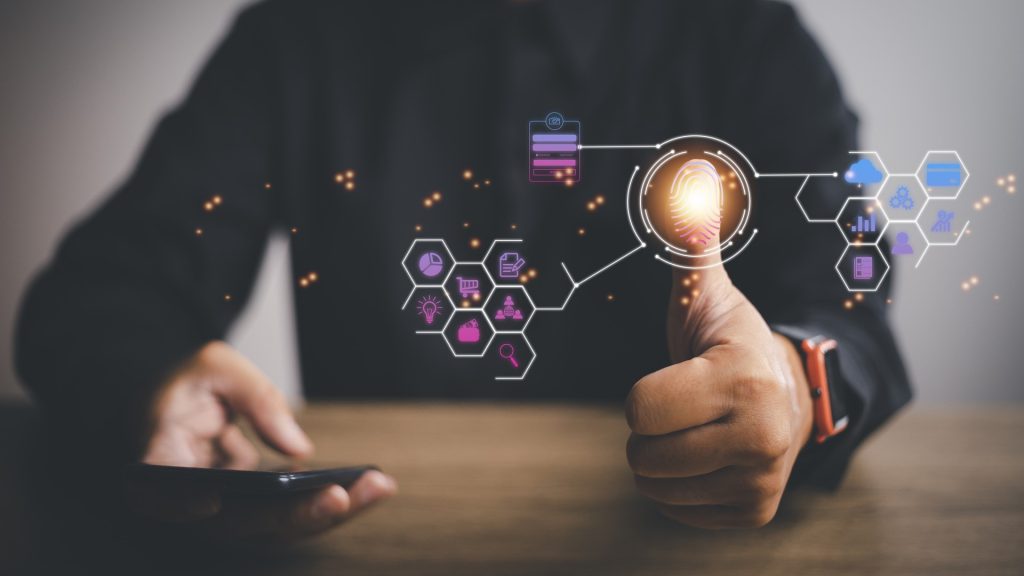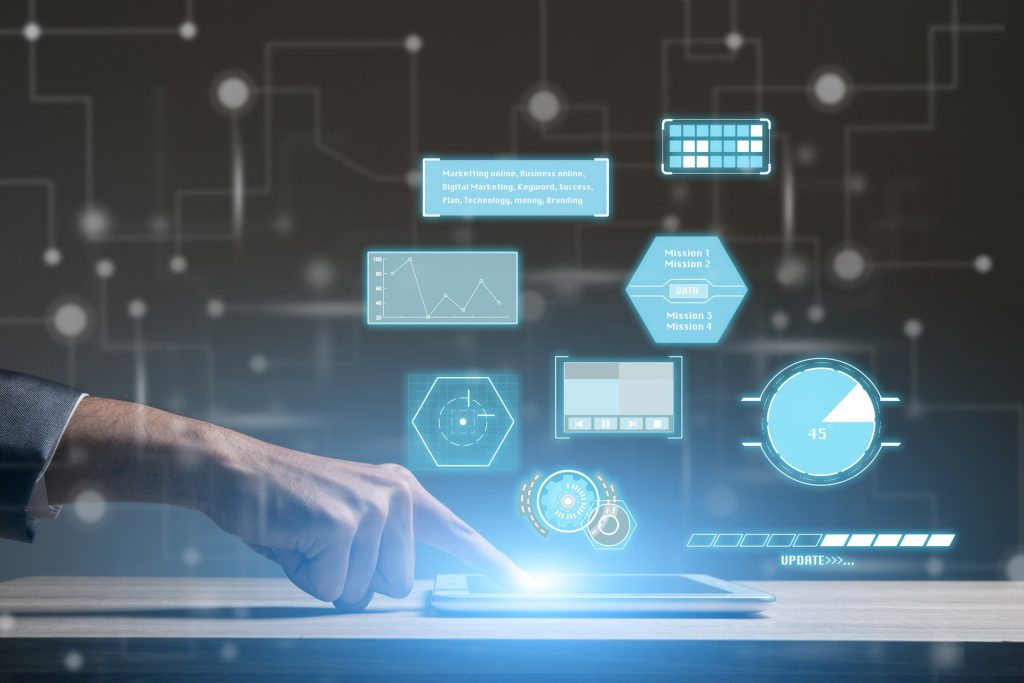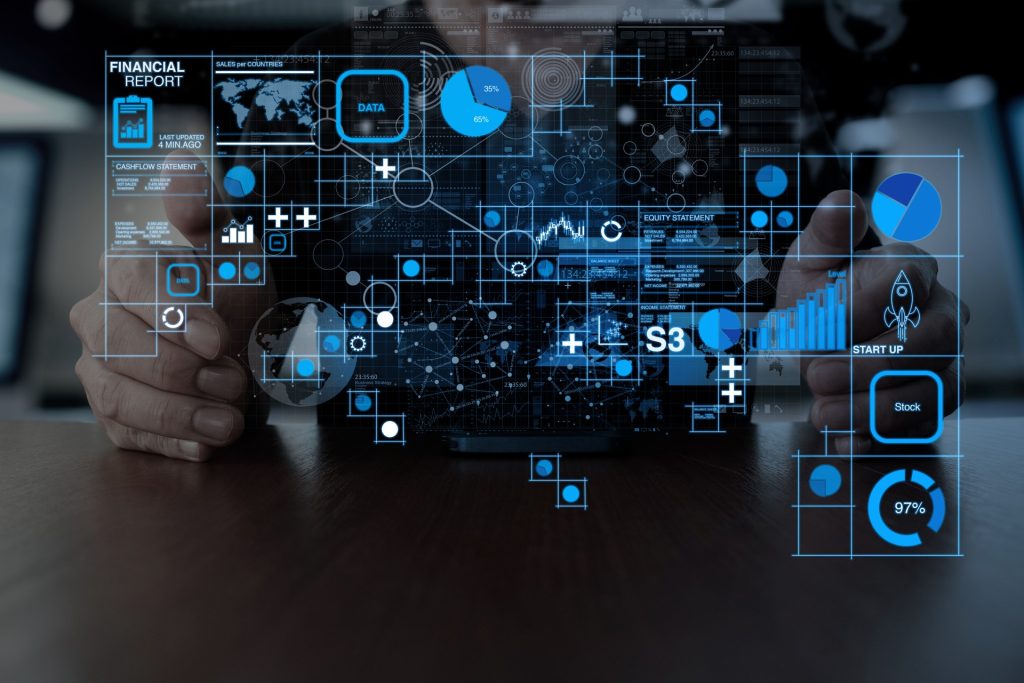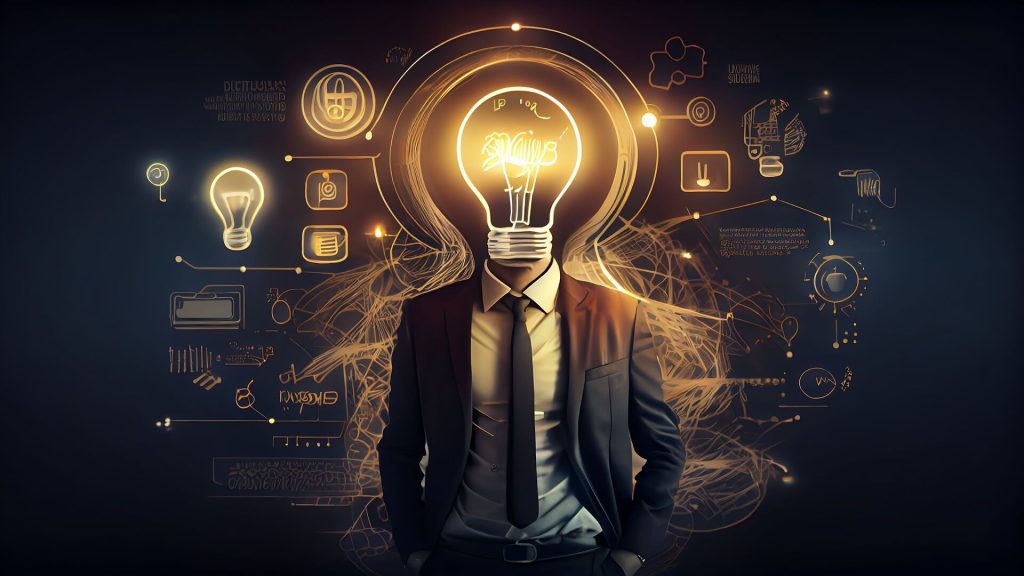The advent of artificial intelligence (AI) has sparked a profound revolution, leaving an indelible mark on every facet of our lives, particularly in the creative domains of art, music, and writing. The infusion of AI into these industries has yielded remarkable breakthroughs while igniting thought-provoking conversations on the intricate interplay between technology and human creativity. In this article, we delve into the profound and transformative impact of AI on creative industries, exploring how it’s reshaping the landscape of artistic expression, musical composition, and literary creation.
AI’s Evolving Role in Artistic Expression
The integration of AI into the art world has ushered in a paradigm shift, challenging conventional beliefs about creativity and authorship. AI-generated art blurs the lines of creative intent and traditional creation methods. From algorithmically generated masterpieces to AI-assisted design, artists are harnessing AI’s potential to navigate uncharted territories, pioneering novel mediums, styles, and artistic concepts.
Harmonizing Music Composition with AI
The fusion of AI and music is composing a symphony of innovation. AI algorithms meticulously analyze vast musical datasets, birthing melodies, harmonies, and even entire compositions. The synergy between human composers and AI “co-creators” orchestrates musical experiences that seamlessly weave human emotive nuances with AI’s computational precision.
AI Augmenting the Written Word
AI’s transformative touch extends to the realm of writing, reinventing aspects ranging from content creation to language translation. AI-powered writing assistants meticulously refine grammar, style, and coherence, elevating written content to polished perfection. Additionally, AI demonstrates its prowess by generating text that mirrors distinct writing styles or crafts entire news articles, sparking profound conversations regarding AI’s influence on journalism.
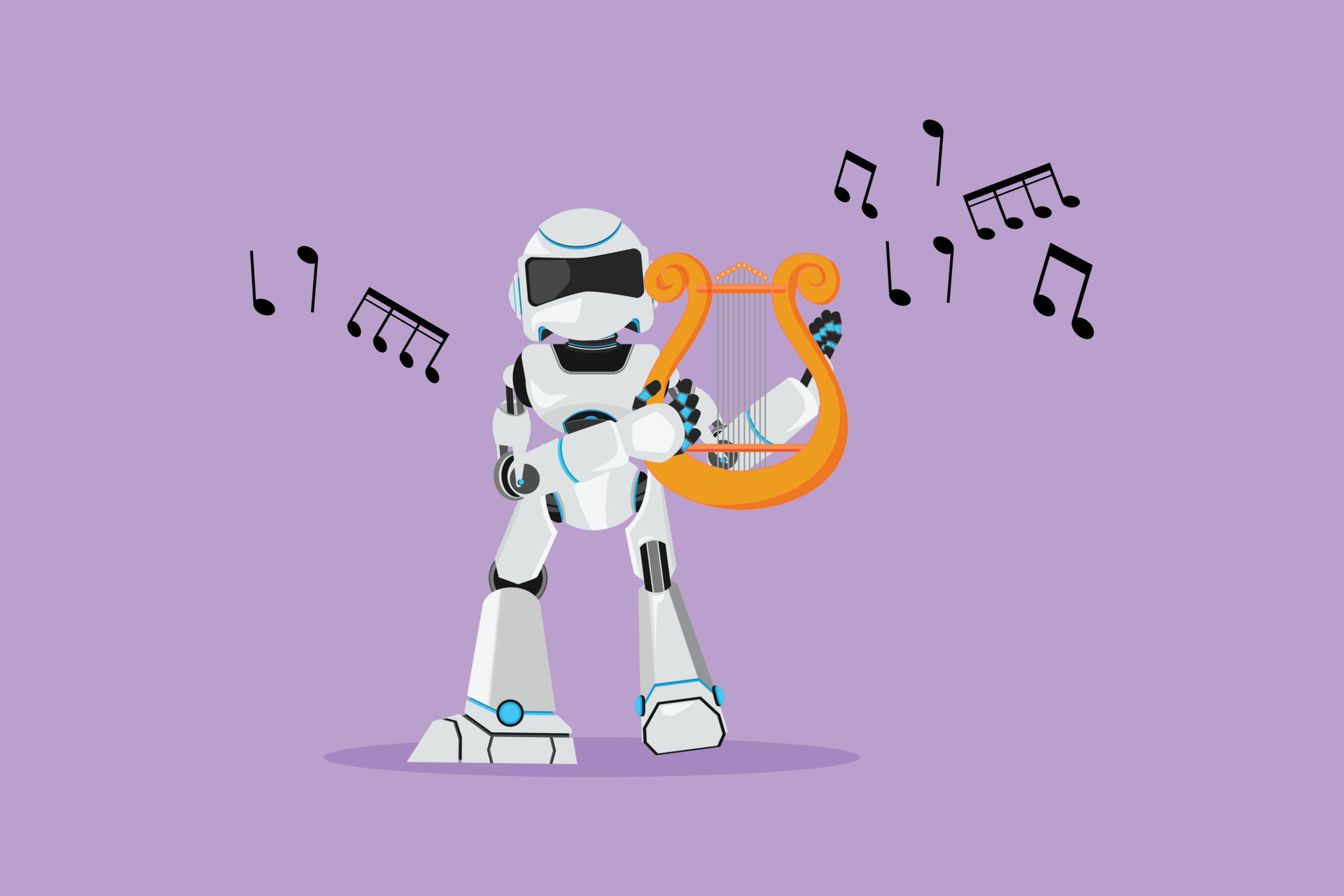
AI as a Source of Unconventional Inspiration
AI’s role in creative industries transcends automation—it’s a wellspring of inspiration. AI algorithms diligently analyze existing creative works, birthing new ideas and concepts. This “AI-inspired” approach challenges creators to transcend personal perspectives, cultivating a symbiotic relationship between human ingenuity and machine-facilitated insights.
Navigating Ethical and Aesthetic Frontiers
As AI progressively shapes creative industries, ethical and aesthetic considerations come to the forefront. Questions of authenticity, originality, and the intrinsic value of human creativity arise. The intricate interplay between human creators and AI tools sparks discussions on redefining artistry and preserving the emotional resonance of authentically human creations.
Unveiling Unprecedented Innovation and Possibilities
While AI’s ingress into creative industries may prompt skepticism, it’s pivotal to recognize its capacity to amplify human potential. AI tools expeditiously analyze massive datasets, discern patterns, and generate ideas at an unparalleled pace. This not only expedites the creative process but also unchains doors to unexplored vistas of creativity that human creators might not have ventured into otherwise.
Conclusion: A Harmonious Confluence
AI’s impact on creative industries signifies more than machines eclipsing human creators—it symbolizes the emergence of a harmonious alliance between human ingenuity and technological prowess. As AI tools refine their capabilities and creators adapt to this evolving creative landscape, we stand witness to an orchestrated intermingling of heritage and innovation. The future unfurls a canvas where AI-guided brushes, algorithmic musical compositions, and AI-crafted prose invigorate our creative palette, inspiring us to harness technology as a tool for the progressive evolution of artistic expression.

